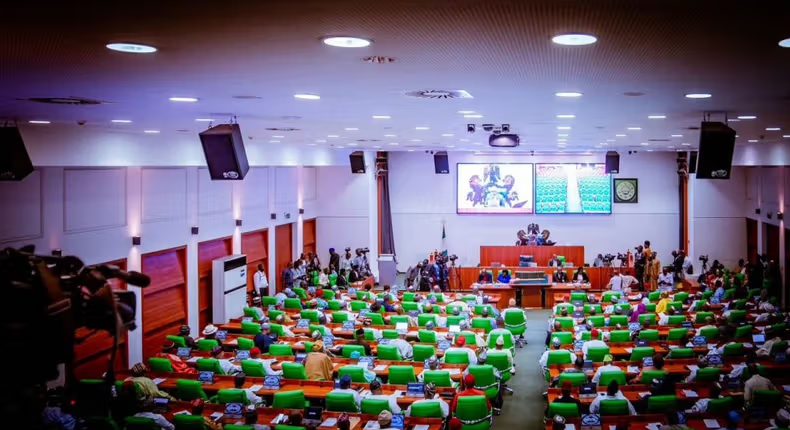The House of Representatives has urged the Federal Government to reverse the recent increases in the prices of premium motor spirit (PMS), commonly known as petrol, and cooking gas.
This call follows a resolution based on a motion presented by the Minority Leader, Rep. Kingsley Chinda (PDP-Rivers), during a plenary session in Abuja on Wednesday. Chinda emphasized the urgent need for interventions aimed at providing price relief, such as tax reductions or subsidies on liquefied petroleum gas (LPG) for low-income households.
Chinda noted that as an oil-producing nation, Nigeria has historically relied on petroleum products and cooking gas as essential energy sources for both domestic and industrial use. However, in recent months, the prices of petrol and cooking gas have surged, placing an unsustainable financial burden on ordinary Nigerians and worsening the cost of living.
He highlighted several contributing factors to this crisis, including the removal of fuel subsidies, global oil price fluctuations, and the depreciation of the naira, which have collectively driven up the costs of petrol and cooking gas.
“Nigerians are worried that the escalating fuel and gas prices are impacting transportation, food, essential goods, and healthcare, as well as increasing inflation. The rising cost of petrol and cooking gas poses a significant threat to the livelihood of millions of Nigerians,” Chinda stated.
The lawmaker also warned that without urgent measures to control the rising prices, Nigeria could face an economic crisis, resulting in increased crime rates and higher mortality rates.
Consequently, the House has called on the Nigerian National Petroleum Corporation Limited (NNPCL), the Ministry of Petroleum Resources, and other relevant agencies to expedite the repair and maintenance of domestic refineries. The lawmakers believe that enhancing local refining capacity could serve as a stop-gap solution to reduce reliance on imported refined petroleum products.
Additionally, they urged the Central Bank of Nigeria (CBN) to implement monetary policies that could alleviate the negative effects of petrol price hikes on inflation, particularly concerning essential goods and services.
The House also called on the federal government to explore alternative energy sources and diversify the country’s energy mix by promoting renewable energy solutions that are sustainable and affordable.
In his ruling, Speaker Tajudeen Abbas tasked the Committees on Petroleum Downstream and Legislative Compliance with ensuring adherence to these recommendations and reporting back to the House within two weeks for further legislative action.



